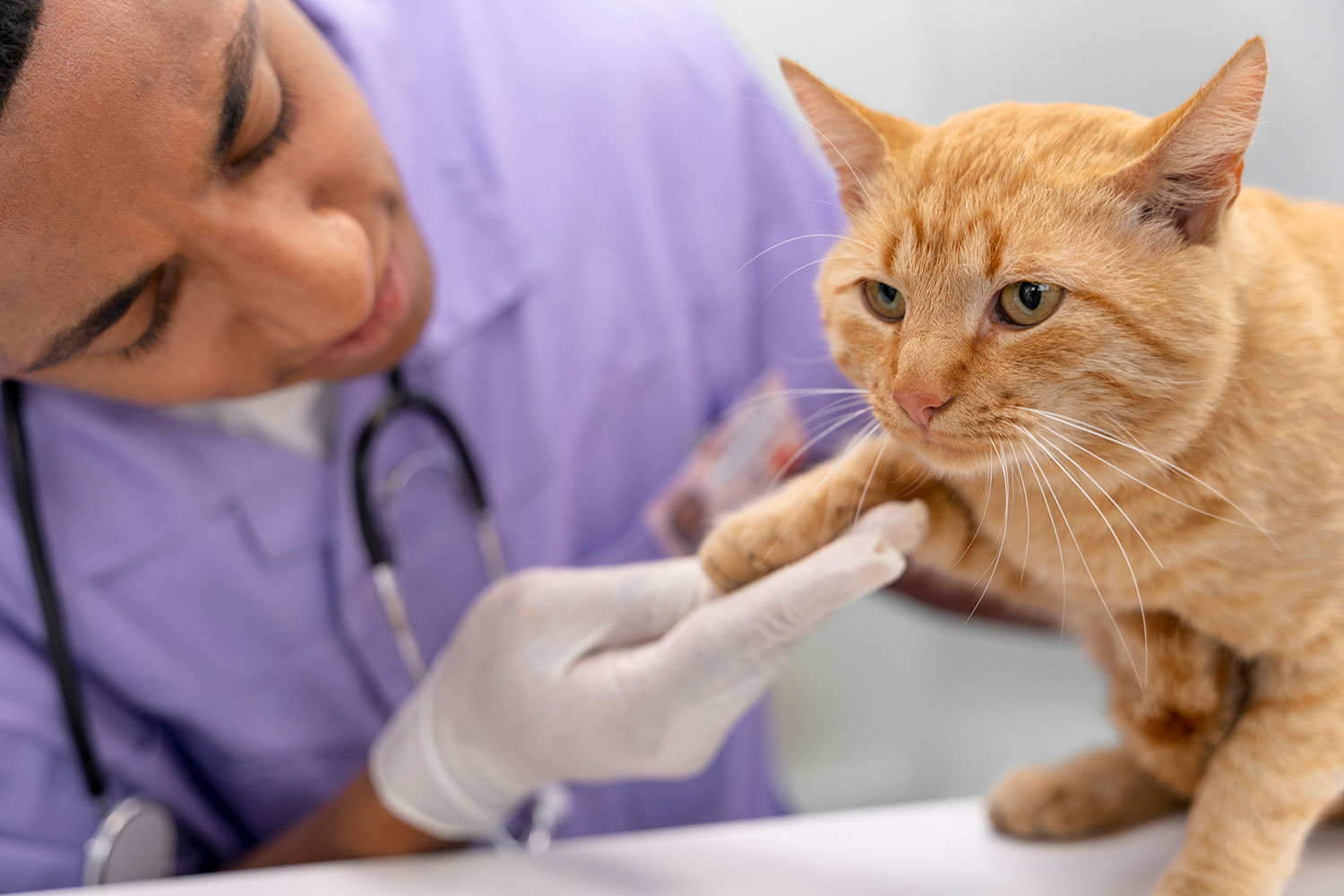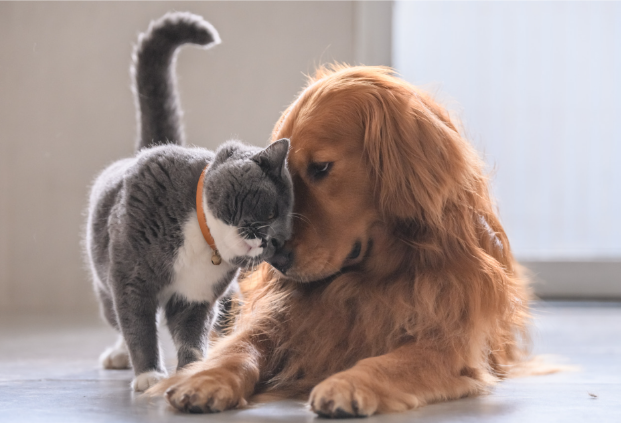Prevention

Don’t wait for your pet to get infected with FIV before you actually realize that prevention is better than cure. To prevent your cat from contracting the Feline Immunodeficiency Virus, you need to make them stay indoors as much as possible.
You also need to vaccinate, spay, and neuter them, depending on the advice of your veterinarian. For more information about prevention against FIV, read until the end!
Shelters
The risk of transmission in households is typically low since the cats are familiar with each other, providing a lesser chance of fighting. It is highly suggested to have all cats spayed and neutered, and new cats must be introduced with extra caution.
The cats that are living before in the house might feel threatened with the new family member, and this may result in fighting. Unfortunately, FIV is transmitted mainly through fighting and bites.
Vaccinations
The effectiveness of FIV vaccines is still up for debate, and previously infected cats are not protected enough even when vaccinated. Once vaccinated, take note that your cat will test positive for the virus. Therefore, you must have the history of your pet’s medical status and consult with your vet on the appropriate course of action.
Keep Cats Indoors
The best way to prevent your cat from contracting FIV is to make them stay indoors. Free-roaming cats, especially intact males, are territorial and aggressive. They have tendencies to bite other cats. This is bad news, as free-roaming male cats have the highest known transmission rate of the virus.
If your cat is the outdoor-loving type, you may opt to purchase a cat tent or cat house. These structures provide your pet with the experience of fresh air and nature without the risk of getting infected with FIV.
Spay and Neuter
As a general observation, spayed and neutered cats have rare cases of infection. Because FIV is mainly transmitted through fights and bites, less aggressive cats lower down the chances of transmission. Aside from domesticated cats, community cats must also be neutered and spayed to get the same effects.
Test New Cats
As mentioned before, always test for FIV whenever you introduce a new cat in your household. Your current pets will feel territorial when you introduce them to a new cat, leading to fights. Testing eliminates the risk of infection even if a fight occurs. Also, slow introductions work well with cats. Try to put your new and old cats in separate rooms, and slowly familiarize them with each other before having full interactions.
Microchips and Identification Tags
For vaccinated cats, collars with tags will help identify them as inoculated. In addition, microchips must be installed in case the collar and tag get lost. The microchips embedded beneath the skin of your pet contain details about their medical history, as well as information about the owner. When your infected cat got lost somehow, rescues and shelters will not put them into permanent sleep because they are obliged to return them home instead.
Cleaning and disinfecting
Although the mode of transmission of FIV is through bites, maintaining a hygienic environment for your cats is never a bad idea. When cleaning, always start with a water pre-rinse. Organic matters such as urine, saliva, and feces might deactivate the active compounds in the cleaning agent. Once done with the pre-rinse, soak the items in a solution containing 1-part bleach and 32-parts water for 10 minutes. Afterward, employ a final rinse then air dry.
Top 5 FAQs
Nationwide, the infection rate of FIV is less than 3%. This is the reason why testing all cats is impractical. Reckless mass testing may lead to more false-positive results. Aside from the increased cost in labor, materials, and medication, there is also the chance that a cat with false-positive results will be euthanized.
The SNAP test is the most accurate test for FIV. Other tests include WITNESS, Anigen, and VetScan.
FIV is passed on when an infected cat bites or fights a healthy cat.
No. FIV is species-specific, so humans and dogs are both safe from the virus.
First, there is a chance that your cat might infect other felines. Second, retroviruses such as FIV makes your cat more susceptible to other diseases, such as bone marrow suppression, chronic inflammatory conditions, cancer, wasting syndromes, and immune dysfunction.
Other Frequently Asked Questions
The antibodies will be acquired by the newborns, but not the virus itself. No documented evidence shows that there is a possible vertical transmission of the virus.




